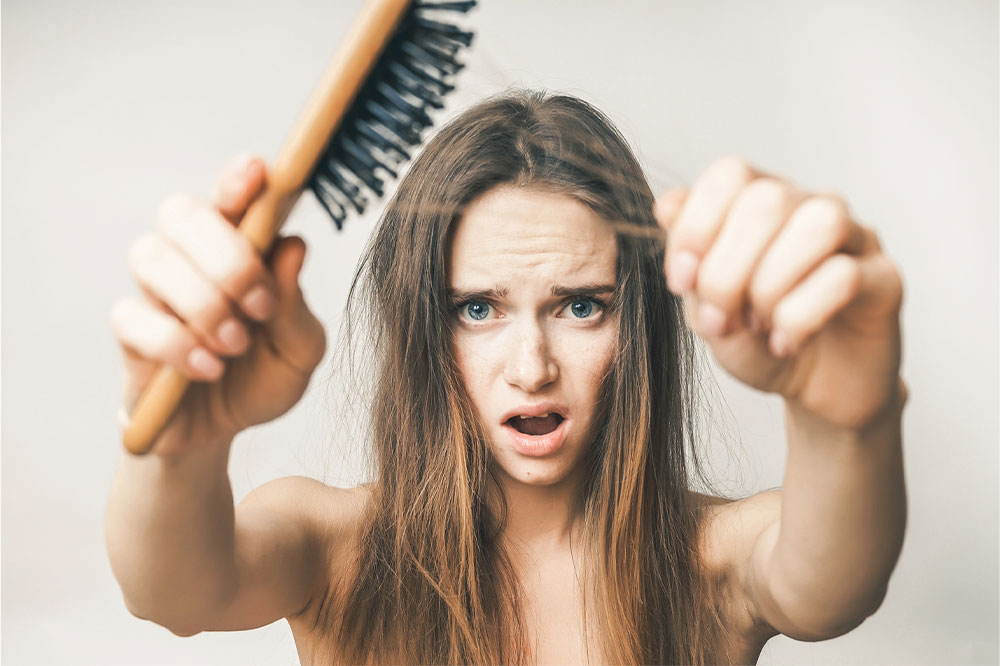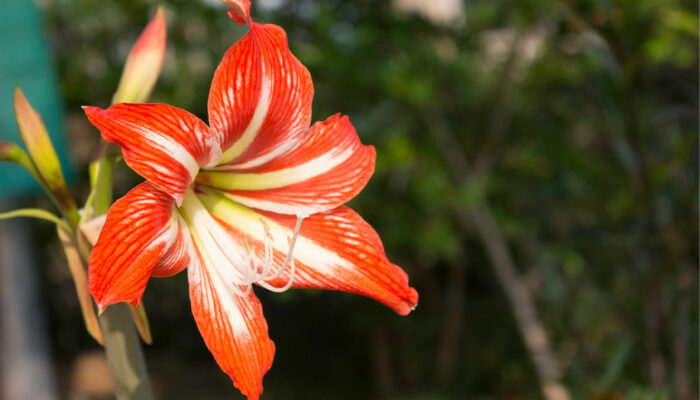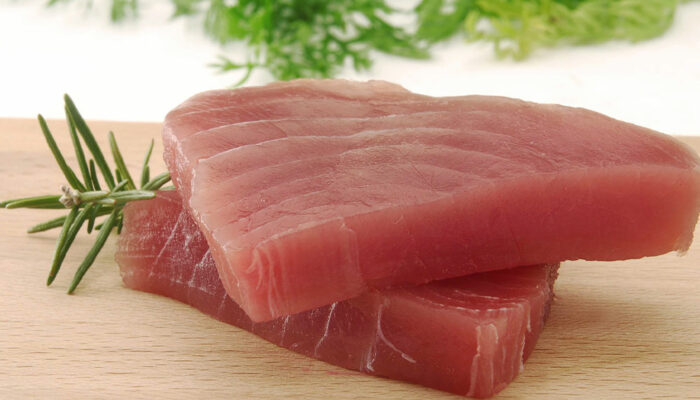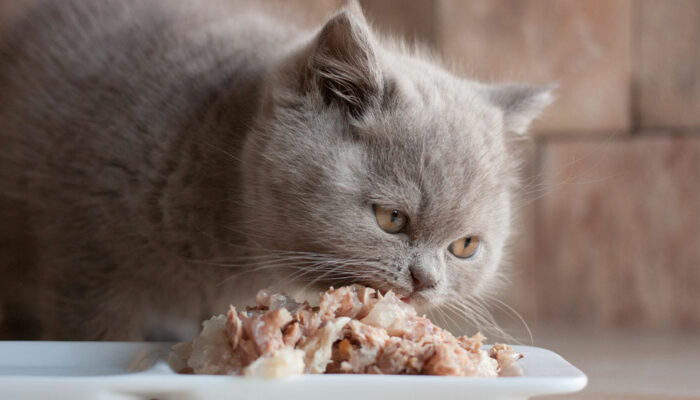7 effective ways to deal with hair loss

Finding a few strands of hair on your brush is normal, however, persistent hair loss is a serious issue for a lot of people. It can be brought on by hormonal issues, aging, scalp infections, nutritional deficiencies, and even stress. This can keep people from maintaining their luscious locks, whether curly, straight, or wavy. One can manage the condition and even prevent further damage to their hair in the following ways:
Practice good hair care
One of the most basic ways to handle hair loss is to keep your scalp and hair clean. Regularly washing your hair can help you maintain a dirt-free scalp and preserve a good volume of hair. However, more shampoo does not mean more cleanliness; excessive shampooing can eliminate natural oils and damage the hair by making it dry and brittle. Further, repetitive or daily shampooing can leave your hair looking thin rather than voluminous. Wet hair is more prone to breakage, so frequently washing your hair can aggravate shedding. Additionally, always opt for air drying hair since the heat from blow-dryers removes the moisture and makes it vulnerable to breakage.
Opt for gentle styling
For most people dressing up involves washing and blowdrying their hair along with styling it using curling rods or straightening irons. Persistent use of heating tools can damage the hair and lead to breakage. Moreover, hairpins, hair clips, and elastic rubber bands can also cause hair breakage, especially when these tools hold the hair tightly in place for long periods. This is why tight ponytails and constant braiding can also affect your hair by creating tension and causing breakage. So, you should carefully choose accessories that cause the least damage. Ball-headed pins and fabric hair ties are less harmful than most other hair adornments.
Make better food choices
The Mediterranean nutritional regimen is becoming popular due to its numerous health benefits. The Greeks are known not only to live longer because of their healthy food habits but also to have great hair even as they age. Many research studies reveal that this meal plan, rich in raw vegetables, healthy fish, and nutritious herbs, slows the onset of androgenic alopecia and may even promote hair growth. One can make better food choices like increasing their intake of parsley, basil, salmon, salad greens, and Greek yogurt. Adding protein to the food also helps prevent the loss of hair. Ideally, one needs between 40 and 60 grams of protein each day. It helps improves hair growth and increases luster and texture. Compared to most meal plans, the Mediterranean style is less restrictive and is easy to maintain in the long run.
Use essential oils
Oiling hair can go a long way in managing hair loss. Coconut oil helps to groom and prevent hair damage caused by ultraviolet light exposure, and massaging it on the scalp improves blood flow and enables easy regrowth. Olive oil also slows genetic hair loss and protects the hair from dryness and associated breakage. Several essential oils—lemongrass, lavender, peppermint, and rosemary—can also help reduce hair damage. One should warm a carrier oil like coconut or almond and mix a few drops of essential oil before applying it and letting it stay for 15–20 minutes. This should be carefully rinsed off, and one shouldn’t use harsh shampoos in the process as it can negate the benefits of the oil.
Practice relaxation techniques
Scalp massages can be relaxing and may help manage hair loss; the warm oil and circular motion can stimulate hair follicles and increase hair growth. One can opt for electric scalp massagers to avoid going to spas. Further, yoga and meditation may also positively affect hair growth and prevent hair loss because they can keep stress at bay. Stress is one of the most common triggers for hair damage and conditions like androgenic alopecia. One can also try breathing techniques, journaling, and aroma therapy to manage stress.
Seek professional help
Understanding one’s hair is crucial for determining treatment options for hair loss. Figuring out how to manage the condition is influenced by the precise cause of losing hair. A dermatologist may examine the hair and scalp and ask questions about the patient’s lifestyle, hair care habits, and treatment options for other illnesses that may cause hair loss as a side effect. They might need a sample of the hair or scalp biopsy to learn more about one’s hair. Once the cause is known, the doctor and patient can discuss and devise a workable plan to manage the condition. Causes or triggers like scalp infections, thyroid problems, or androgenic alopecia may require additional treatment options.
Try supplements
Vitamins are essential nutrients for the hair and are often available in small amounts in the food one consumes. However, they may not be effectively absorbed. Most doctors recommend supplements since these offer essential vitamins and minerals in a concentrated, absorbable form. Vitamins A, B, C, D, and E, along with iron, selenium, zinc, and iron, are vital for managing hair damage. They are critical for cell turnover, hair growth, and retention, and deficiency of vitamins like biotin (vitamin B7) can be harmful to hair.



